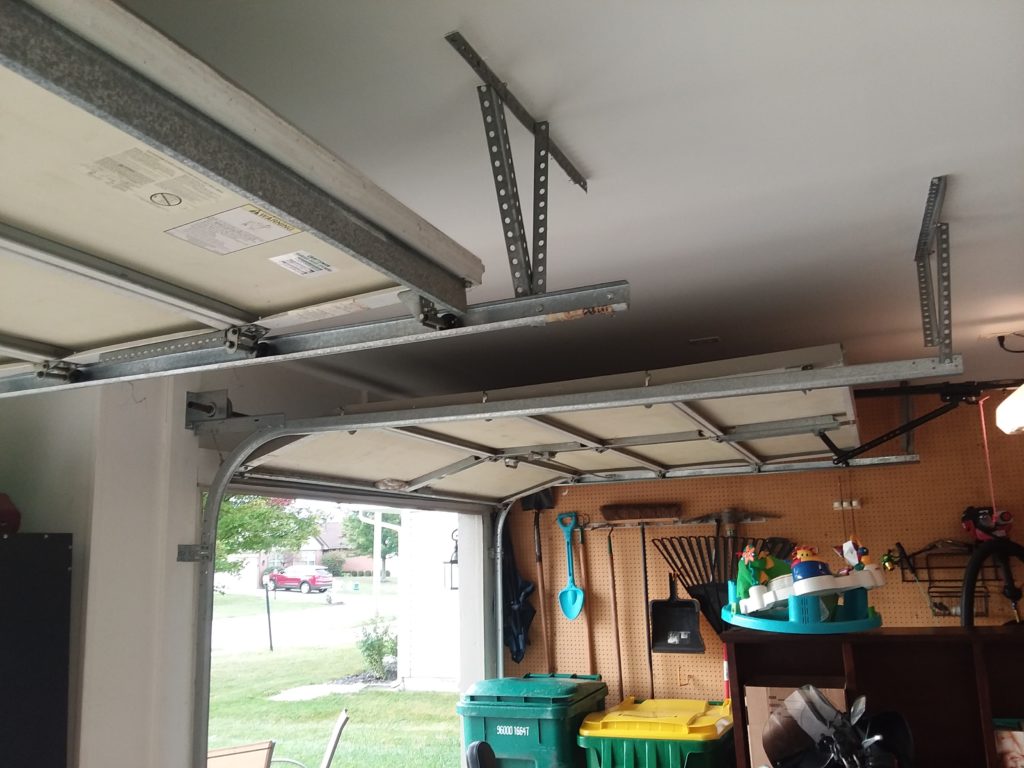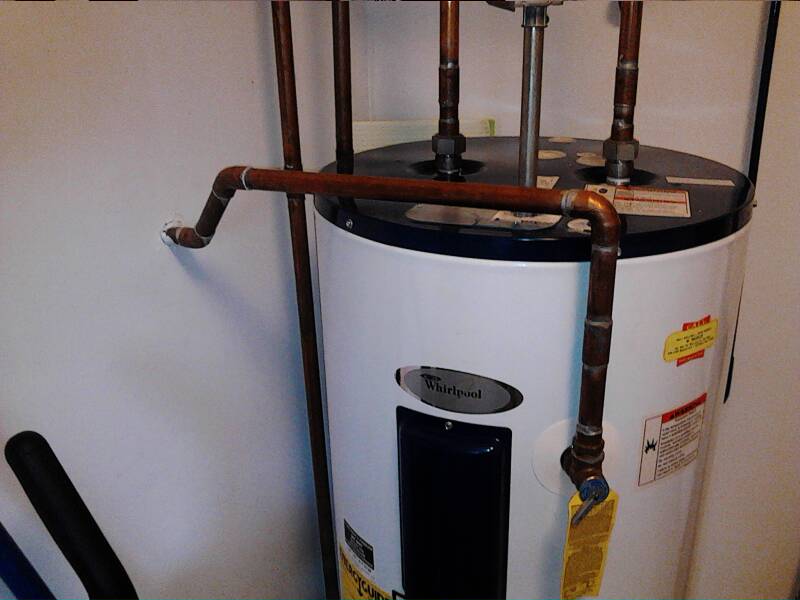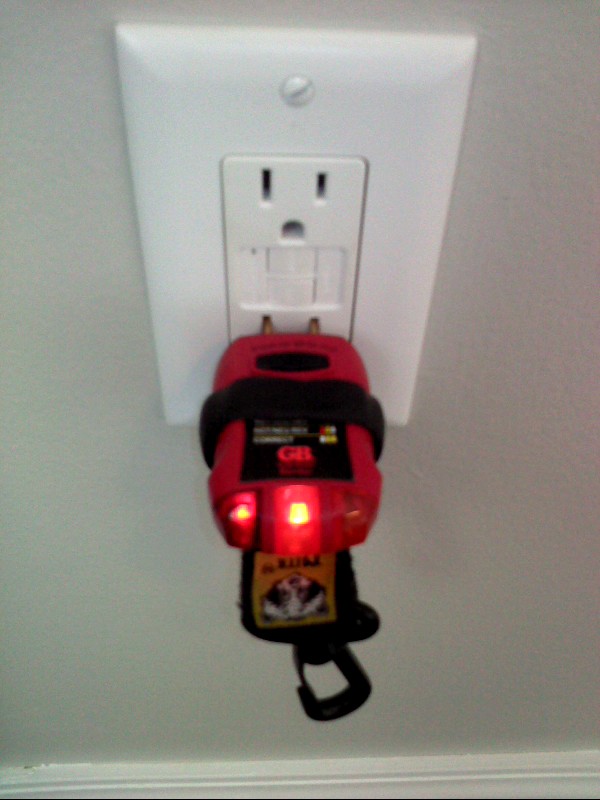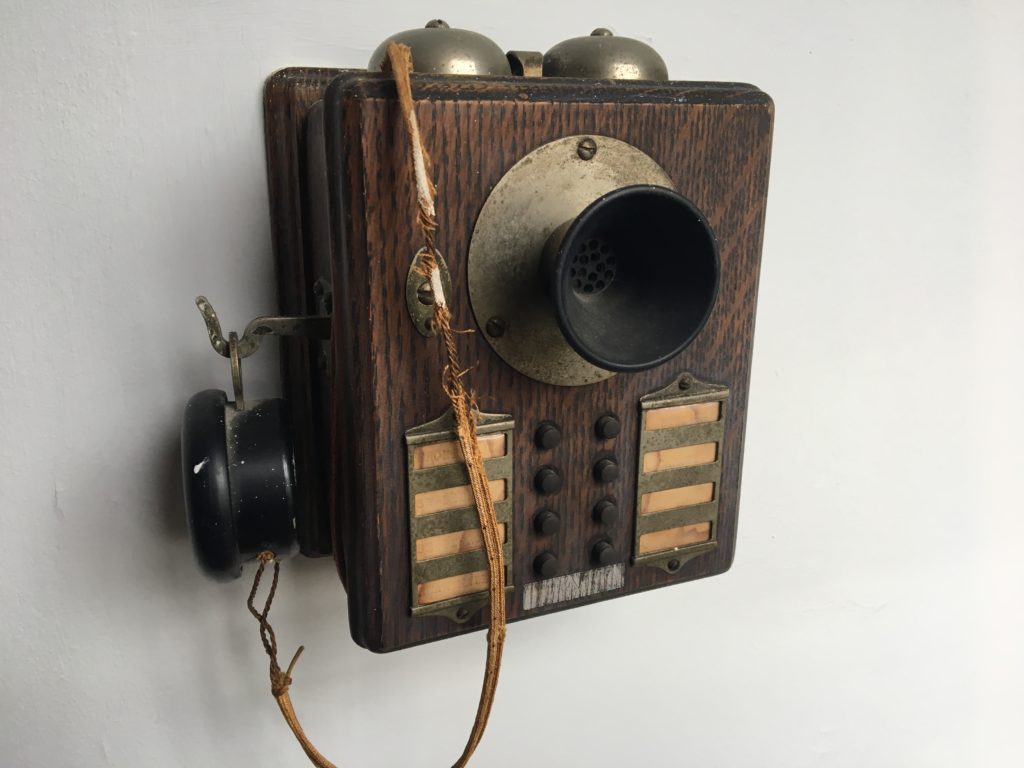- Caution Remodeling around Water Heater - The water heater can not be located in any bedroom, bathroom or clothes closet. The water heater must be accessible for maintenance and relighting of the pilot. All gas or propane burning appliances need a plentiful supply of air to operate efficiently and safely. When a gas hot water heater is starved of air/oxygen it [...]Read More about Caution Remodeling around Water Heater
- Life Expectancy of Plumbing - Hot water heater: 7-15 years Well pump: 10-12 years Septic pump: 5-10 years Sump pumps: 4-7 years Polypropylene pipe: 12-15 years Polypropylene water main: 10-12 years Cast iron piping: 35-45 years Galvanized piping: 20-30 years Note: These are averages and should only be used as a guide when making decisions.
- Lime in the Water Heater - A popping or bubbling sound from the water heater as it heats is a good indication that the tank has a build up of lime scale. The lime can usually be removed. The only draw back to this procedure is that the hot water must remain off for an extended period of time. The process [...]Read More about Lime in the Water Heater
- Loose Toilet - Toilets should be securely mounted to the floor. Tightening the bolts that anchor the toilet to the floor can fix a small amount of side-to-side movement. The bolts are located on both sides of the toilets base, usually under a plastic cap. Do not over tighten them, it is very easy to crack the porcelain [...]Read More about Loose Toilet
- Polybutylene Piping - Polybutylene piping found inside the home is gray in color. This type of piping has a good flow rate, is not bothered by freezing conditions and has the advantage of having fewer connections than copper. In some areas, highly acidic water deteriorates copper pipe. In these instances Polybutylene piping can be the answer because it [...]Read More about Polybutylene Piping
- Whirlpool Tub Health Concern - Pay particular attention to the manufacturer’s maintenance procedures for cleaning the whirlpool tub’s circulation system. Failure to do so can result in the growth and transmission of infectious bacteria. Bath water residue contains soap scum, dirt, bath oils, body secretions, and skin cells. With each use of the whirlpool tub these organic materials mix with [...]Read More about Whirlpool Tub Health Concern
Also See Water
- How to Disinfect a Well - Plan on spending some time doing this job. It is better to do it right the first time. It only takes a small amount of bacteria left in the pipes to re-infect the whole system. During this procedure water will not be drinkable, so plan to do the test at a time when there is [...]Read More about How to Disinfect a Well
- Lead in Drinking Water - Up until the 1950s lead pipe was used as the supply line from the water main to the house and in many areas, it may still be in use. Your home might have plumbing with lead or lead solder. It is impossible to see; smell, or taste lead. Furthermore, boiling water that has passed through [...]Read More about Lead in Drinking Water
- Well Water Tests - The question of whether or not to have your water tested is a serious one that concerns the health of you and your family. Your water should be safe to drink and acceptable for all household uses. Most people think of testing water for drinking quality and forget about the less serious problems that may [...]Read More about Well Water Tests
- Well with Poor Water Flow - Wells should produce a minimum of three gallons of water per minute, anything less than three gallons per minute will create hardships for the home owner. A good producing (residential) well will deliver in the region of five or more gallons of water per minute. The gallons per minute are the number of gallons being [...]Read More about Well with Poor Water Flow
- When Should I Test My Well Water? - The best time to test for contaminant in well water is during the spring or summer following a rainy period. Testing for bacteria should be conducted after repairing or replacing a well pump or piping. If a new baby is expected in the home, it is a good idea to test for bacteria and nitrate [...]Read More about When Should I Test My Well Water?







